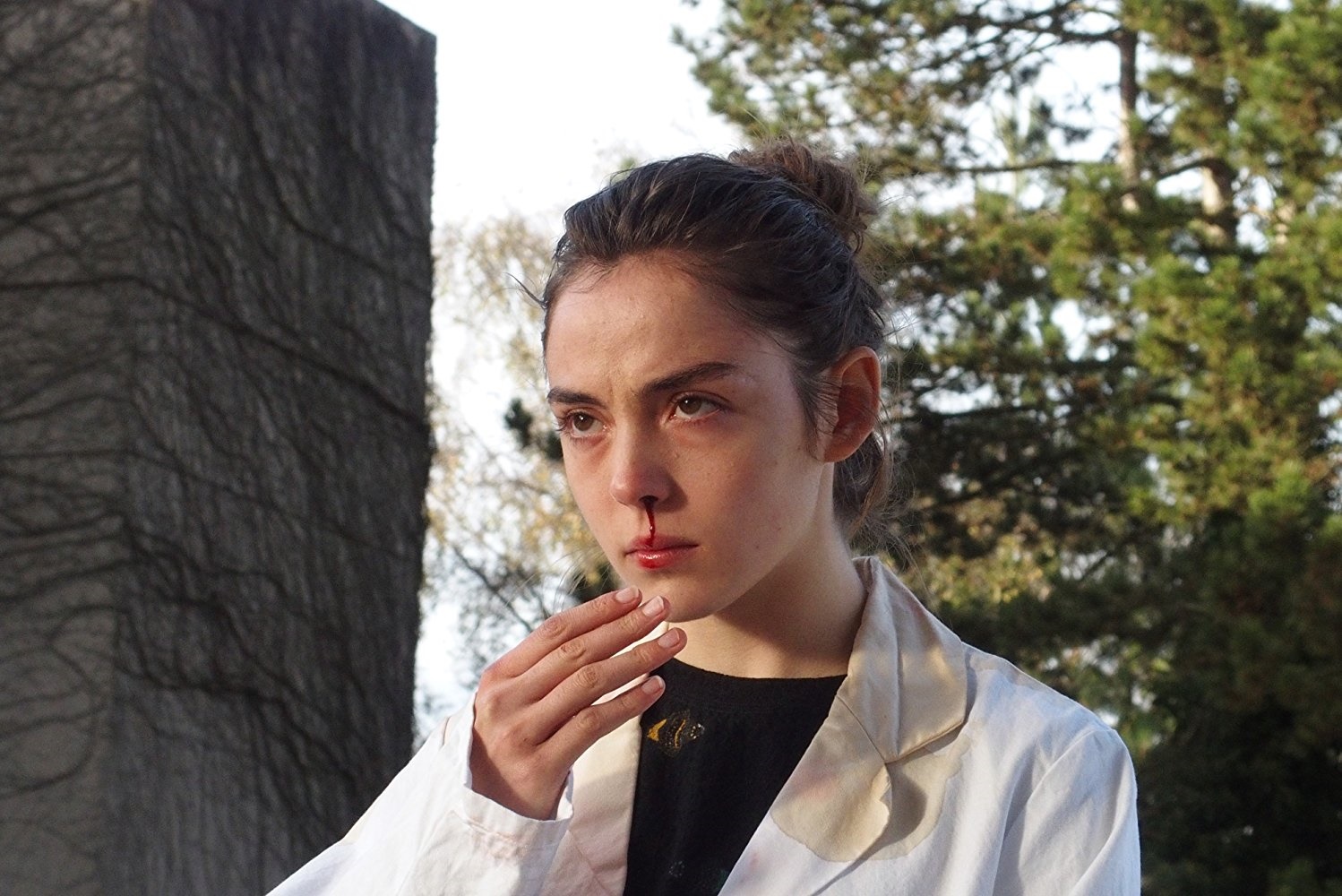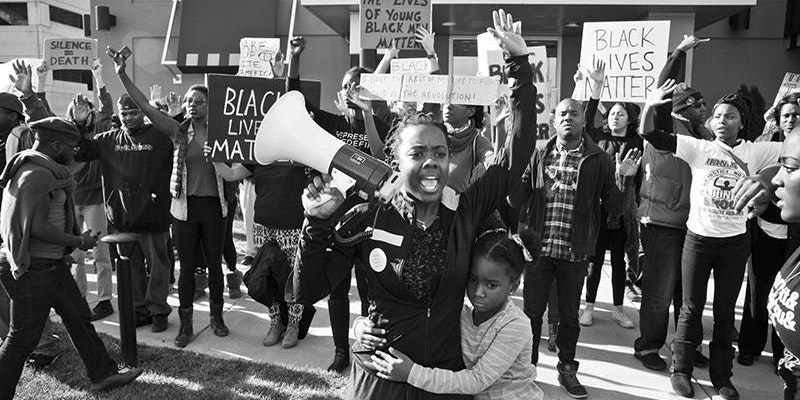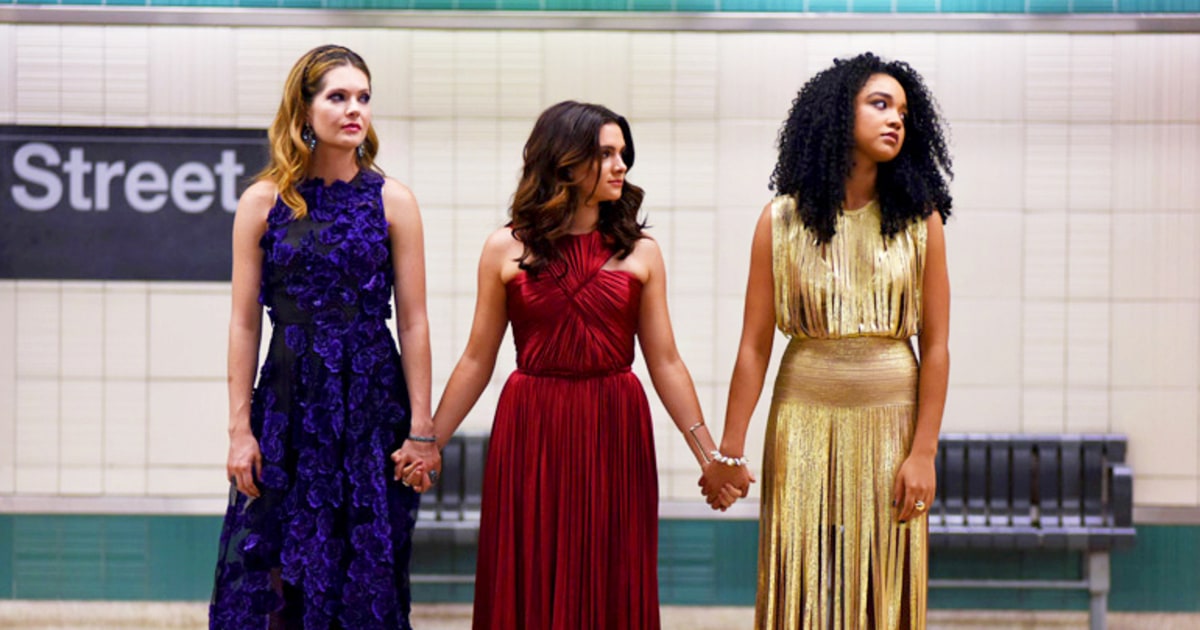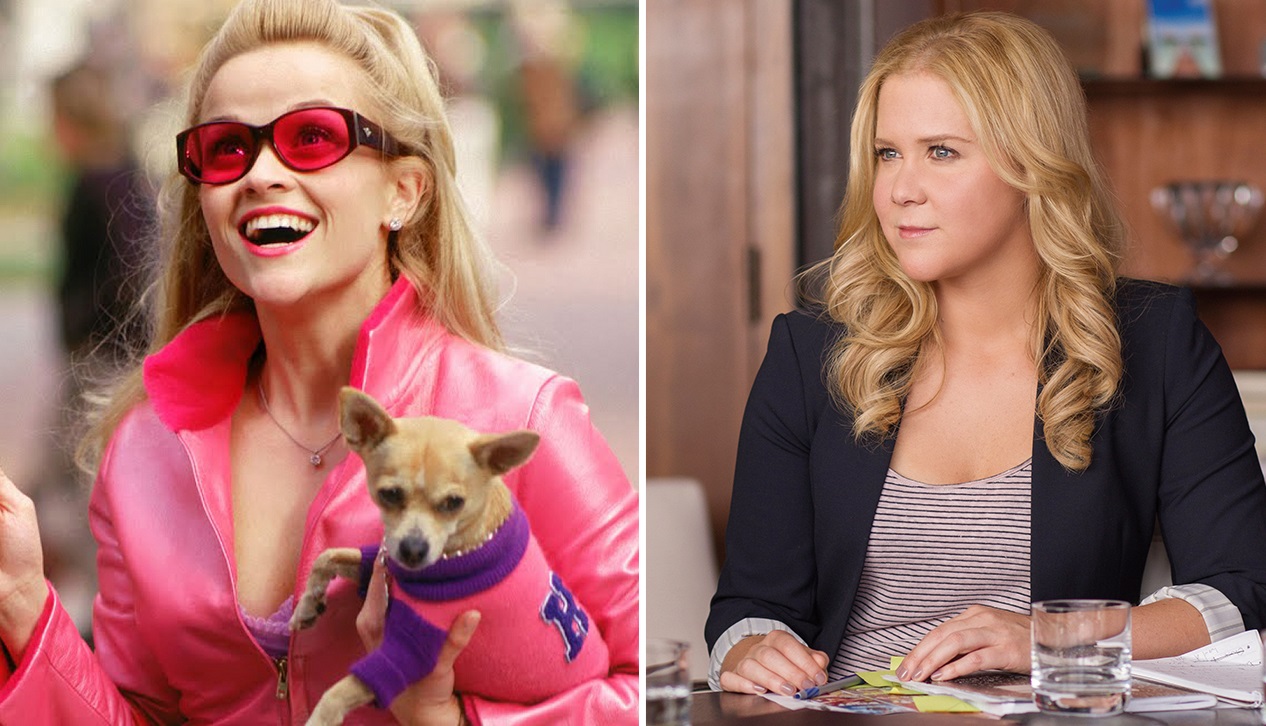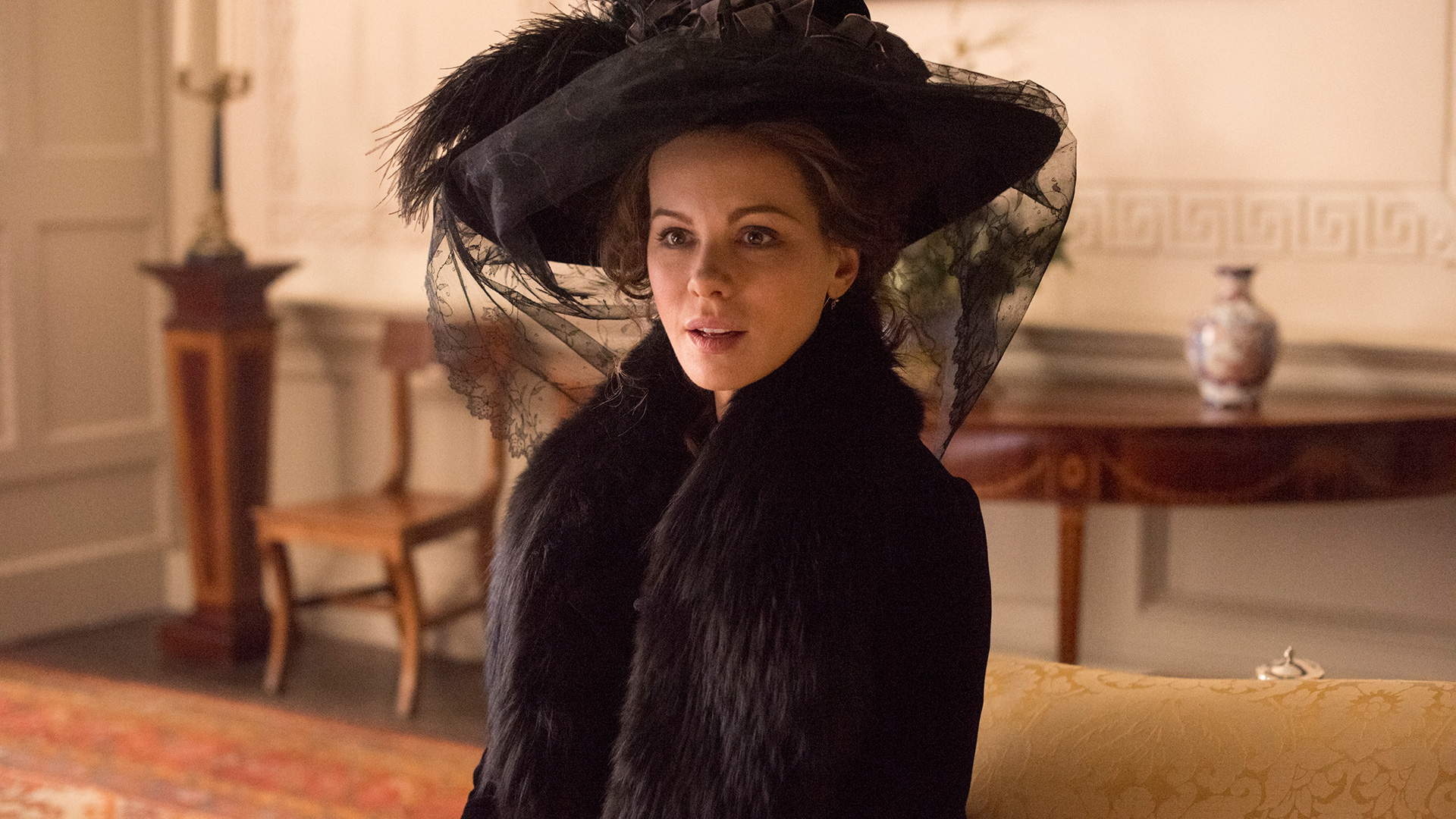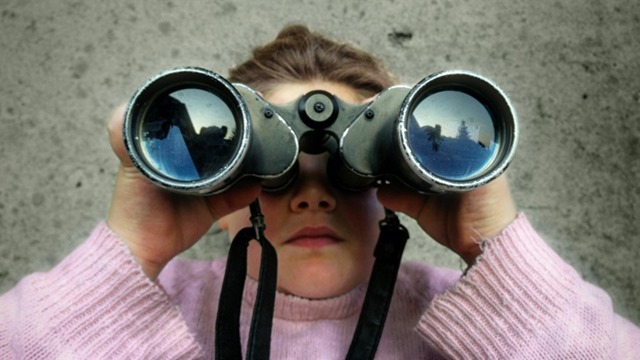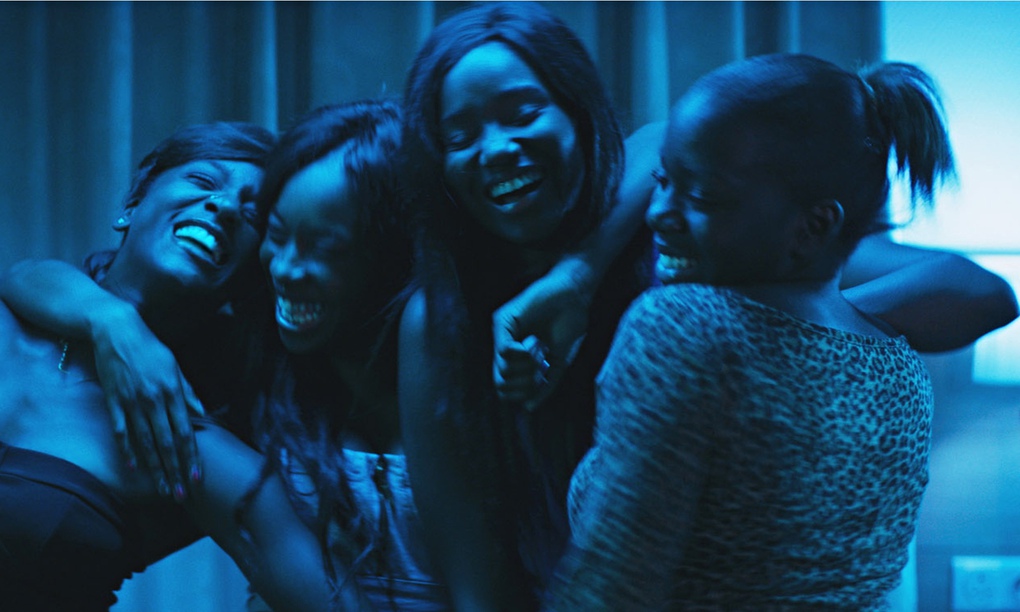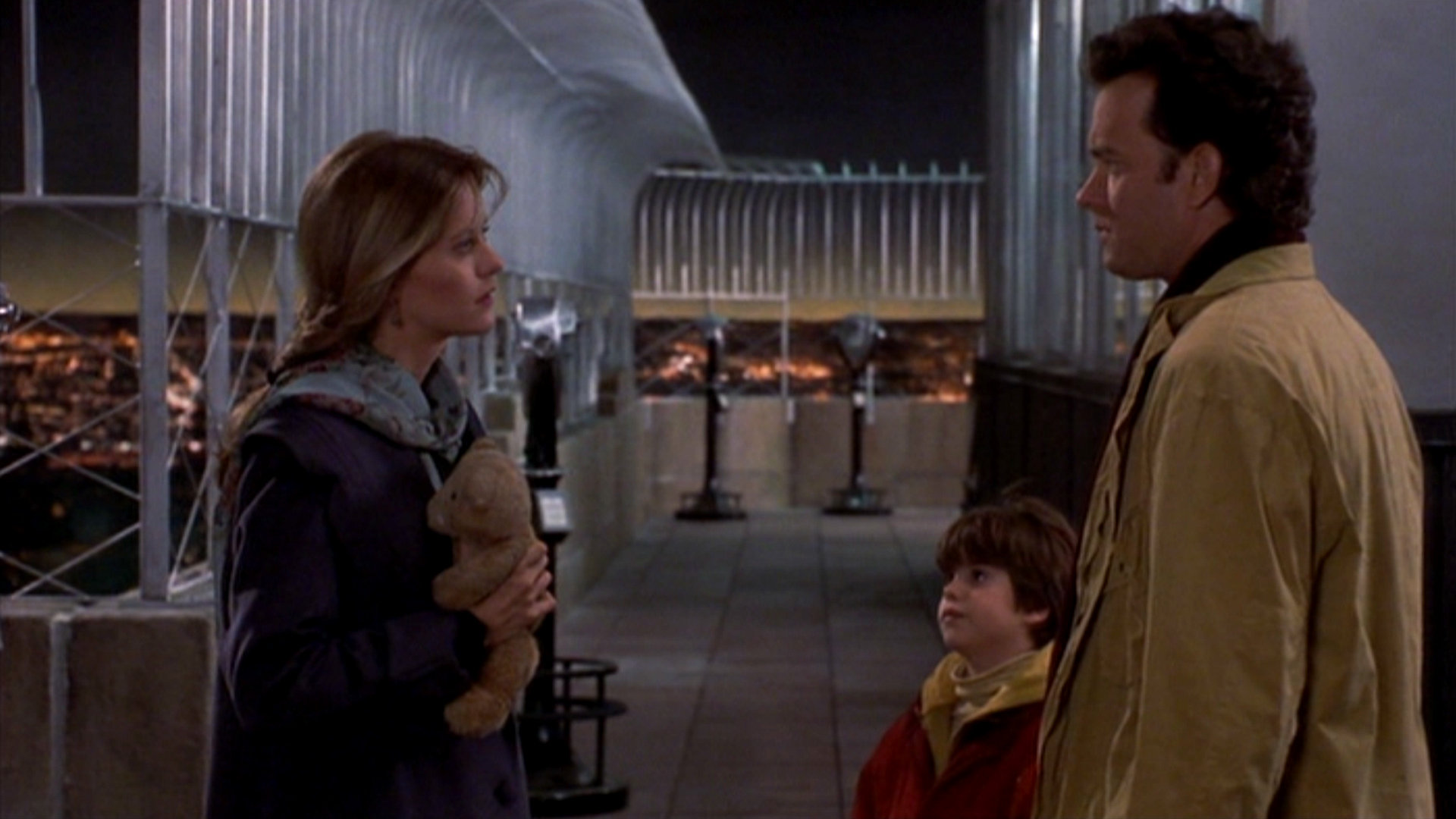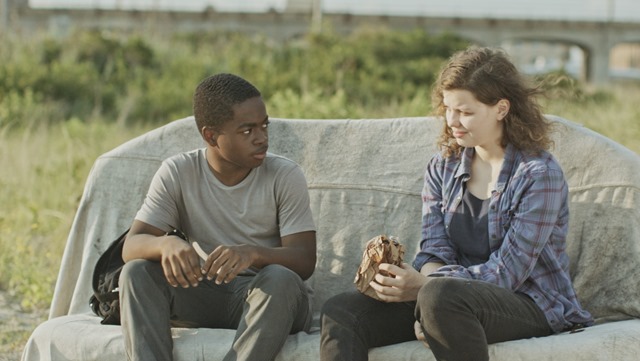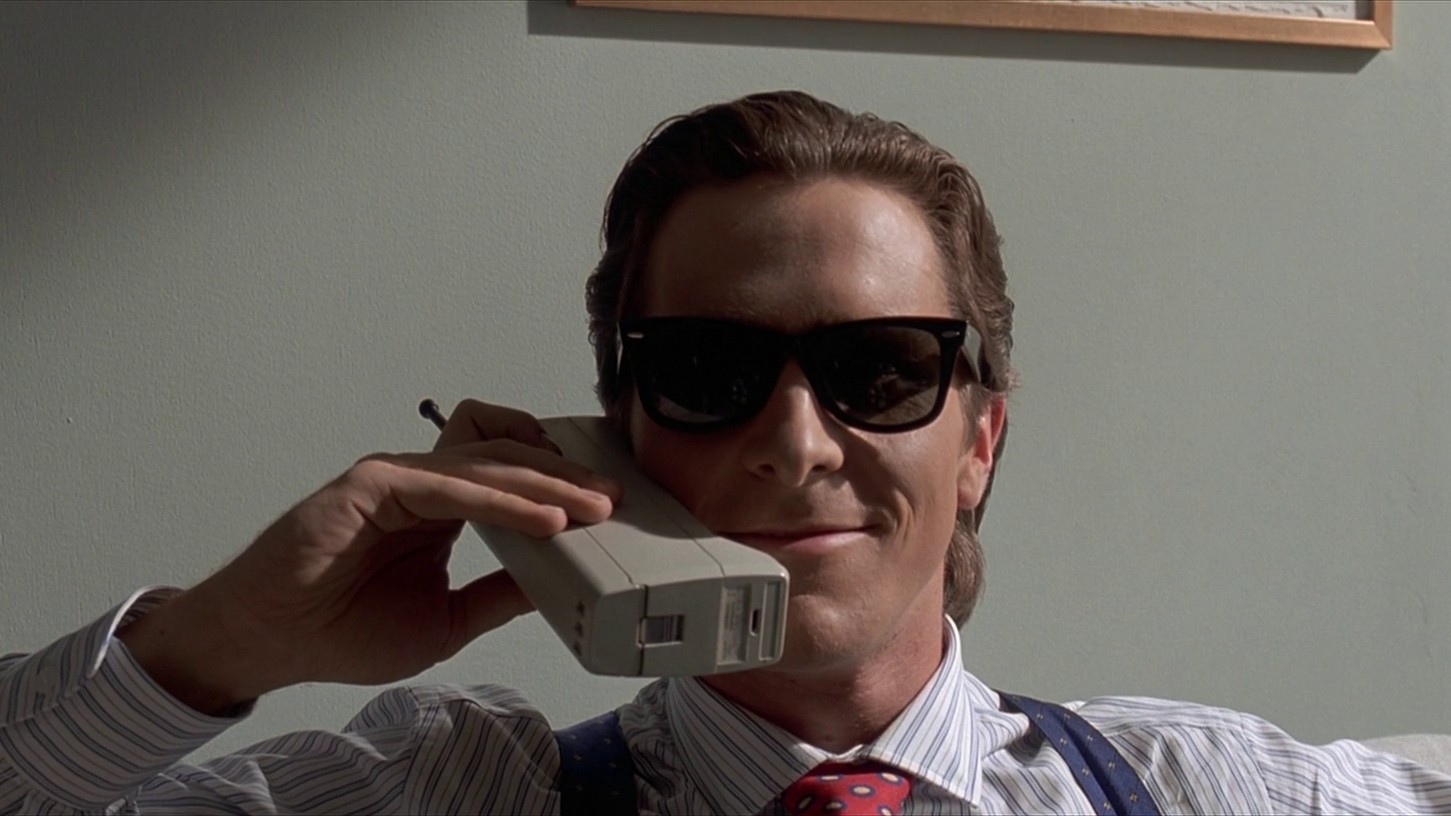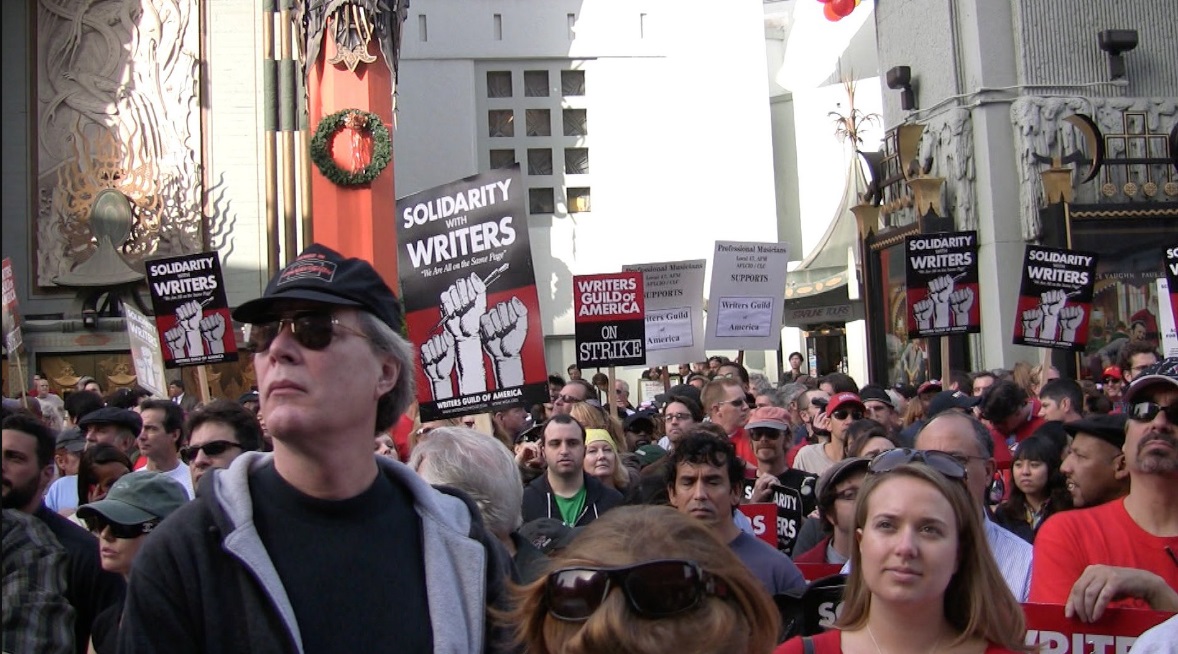Guest Writer Wednesday: Howl’s Moving Castle and Male Adaptations of Female Work
This piece by Emily Belanger is cross-posted from Not Another Wave. The first time I saw Howl’s Moving Castle, five or six years ago, I was delighted. I’d seen Spirited Away, but other than that I’d never seen any Miyazaki films, and as far as Miyazaki films go, HMC is a tad more accessible to … Continue reading “Guest Writer Wednesday: Howl’s Moving Castle and Male Adaptations of Female Work”
